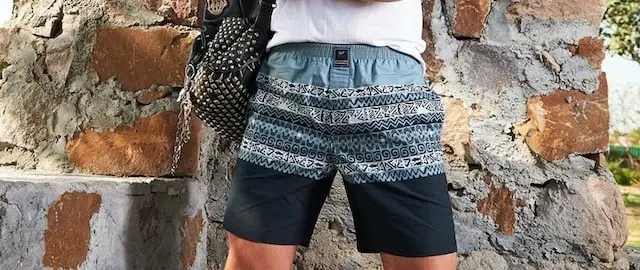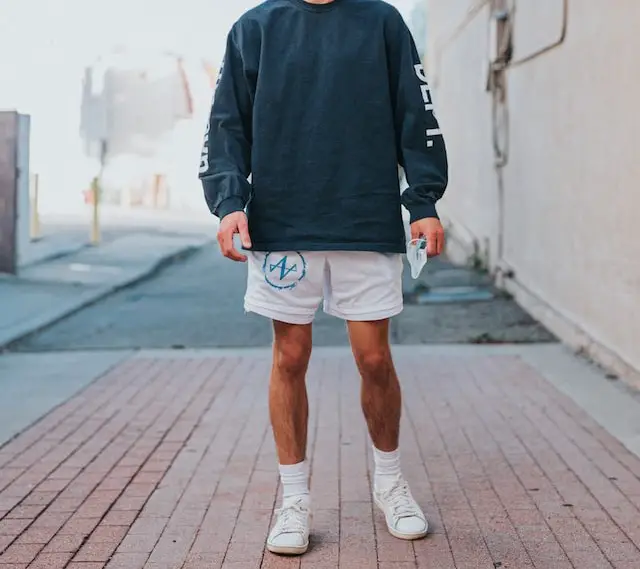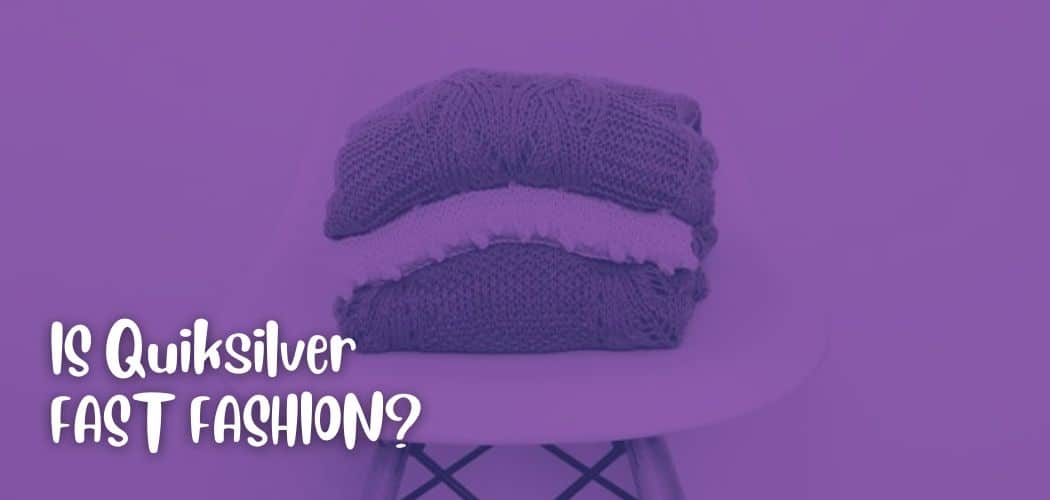Our planet is on the verge of destruction, and the fast fashion industry has a lot to do with it. Did you know that every year millions of tonnes of clothes are burnt or thrown into landfills?
If you didn’t before, now you do, and it is time for you to take action against it. You can start by discovering whether the brands you shop from are fast-fashion or not.
Fast fashion brands produce clothes using cheap, synthetic fabrics and hazardous dyes to make maximum profits, but our environment isn’t the only victim of these brands.
To keep the costs low, fast fashion brands sign contracts with suppliers in third-world countries where laborers have no rights and are exploited easily.
Most of the clothes are made in sweatshops where kids and women work excessive hours for below minimum wages.
Quiksilver is an apparel brand that derives its inspiration from surfing. The sportswear brand began in 1969 and has served the surfing community with the best clothes and accessories.
Today Quiksilver is producing a wide variety of products like sports swimsuits, t-shirts, jackets, hoodies, polos, footwear of different types, and cool accessories.
The brand is surfers’ top choice, but recently several consumers have raised their concerns and shown their wish to know whether Quiksilver is a fast-fashion brand or not.
To figure that out, we need to know what Quiksilver hides behind its shining surface.
First, let’s talk about the brand’s sustainability page.
Quiksilver has a section on its website that talks about its sustainable practices. The brand’s Headquarters are made without an ounce of plastic, but unfortunately, its clothes are not.
Quiksilver’s sustainability policy is about collecting plastic bottles and turning them into clothes. To this day, the brand has created products out of 298 million plastic bottles and has avoided over 9 million kgs of greenhouse gas emissions.

These figures are praiseworthy, but they are not convincing enough. The brand does not tell its consumers where its cotton comes from. No one knows whether Quiksilver makes its cotton products with sustainable, organic fibers.
On its website, you will notice Quiksilver’s claim that it drives fifty percent of its business through sustainable goods and services. As inspiring as that sounds, we can not just close our eyes to the fact that Quiksilver does not justify its claim, so until they have proof, we will consider this statement bogus.
Quiksilver is a famous sportswear brand, and its consumers expect it to be transparent about its policies. Unfortunately, that’s not the case.
Quiksilver does not reveal a single thing about its supply and has received 0 out of 100% on Fashion Transparency Index, but why is such a big name not transparent about its suppliers and manufacturers?
There can be many reasons. Quiksilver has factories in countries like China and Vietnam, which do not see laborers as living human beings.
The brand might be producing clothes in sweatshops where women work twenty-four hours night shifts for very little money. Furthermore, there is a chance that children work in Quiksilver’s supply chain.
Quiksilver does not reveal anything about the number of collections it releases. All we know is that the brand is involved in the mass production of clothes.
From this, we conclude that although Quiksilver is recycling plastic bottles, it is not the ultimate solution to pollution created by polyester. Washing those clothes releases millions of plastic microfibers that kill underwater life, and they still end up in dumpsters, rotting for hundreds of years.
To play a positive role in environmental protection, Quiksilver needs to find an alternative to polyester and reduce the number of articles it produces each year.
The brand also needs to come clean about its supply chain and create policies for the welfare of its employees.
Until Quiksilver does all this, it will be considered fast fashion.
Is Quiksilver An Ethical Brand?
An ethical brand is transparent about its policies, treats its employees fairly, and uses sustainable clothing materials.
Does Quiksilver fulfill all these conditions? Let’s find out.
Quiksilver got an F in Baptist World Aid’s ethical fashion report 2021 and scored 0 out of 100% on the fashion transparency index.
Such poor ratings mean that Quiksilver does not reveal anything about its supply chain. The brand claims to audit all the supplier factories it works with but does not specify the percentage it audits.

The lack of transparency often means a brand is involved in unethical practices. Quiksilver might be employing children in its supply chain or even forcing people to work for them.
Another possibility is that the brand manufactures its clothes in sweatshops where women work excessive hours and face abuse from factory owners.
Since Quiksilver does not specify the minimum wage for its factory workers, we can assume they do not get the money they deserve.
The brand’s parent company, Boardriders Inc, came under fire several times for abusing its factory workers. In 2007, a report revealed the Chinese sweatshops producing clothes for Boardriders Inc.
In 2012, an NGO revealed that the company exploits Indian textile industry workers.
Quiksilver and its parent company remained silent regarding its employee welfare policies during the Covid-19 pandemic.
As far as ethical clothing materials are concerned, the lack of transparency in the supply chain means we can not track their origin.
Quiksilver does not reveal anything about its cotton sources but claims that it produces most of its polyester with recycled plastic bottles.
All this proves that Quiksilver is not an ethical brand.
Where Does Quiksilver Get Its Clothes From?
Quiksilver is a flagship brand of the company Boardriders Inc.
According to the company’s Modern Slavery Statement, it has over 80 suppliers in Asia, the Middle East, and Europe.

Boardriders Inc does not specify the counties, but from the previous reports, we discovered that some of these suppliers are in China and India.
All these suppliers deliver the goods to the company’s warehouses in the United States. These warehouses then transport the clothes to the stores worldwide.

